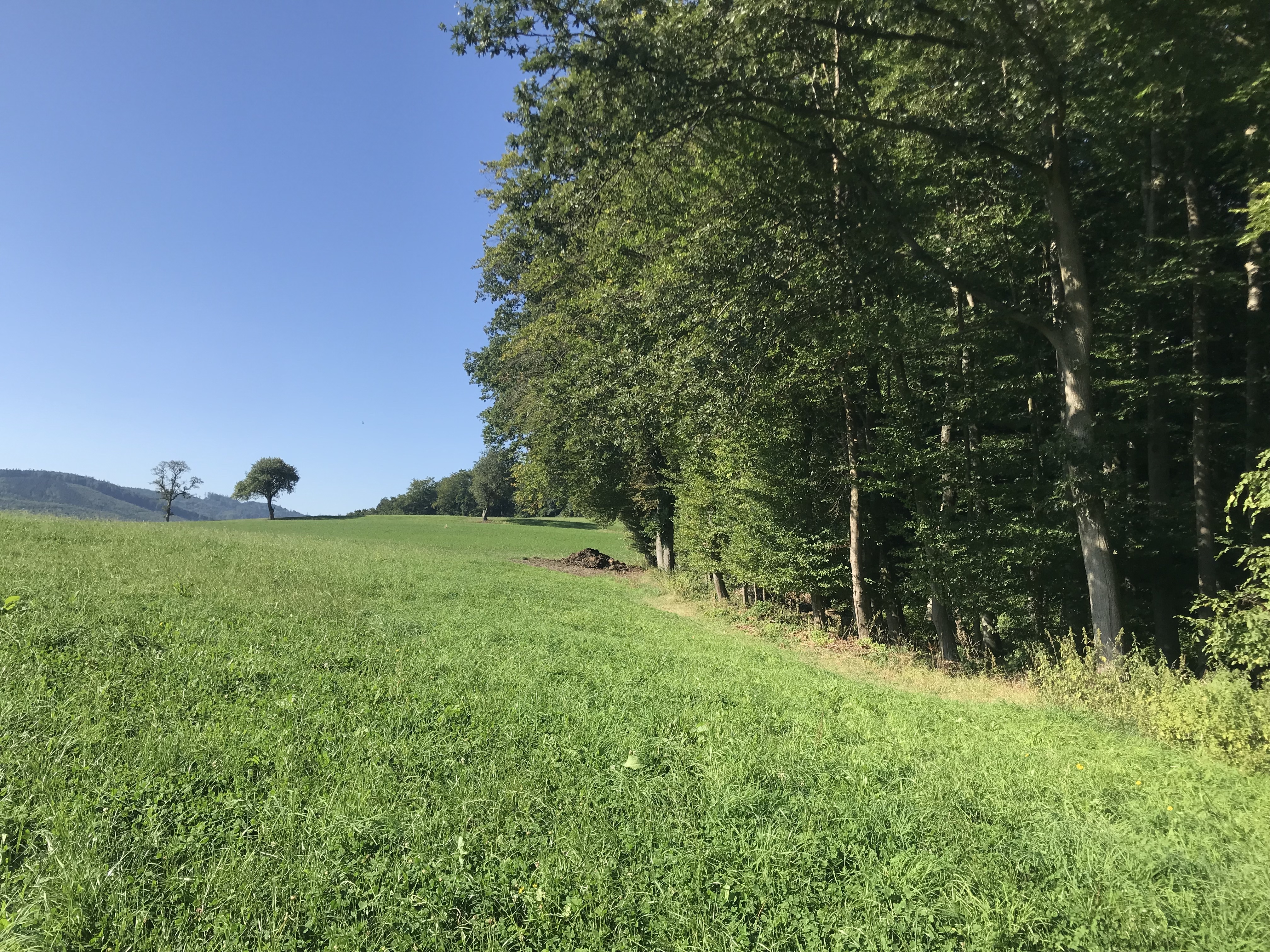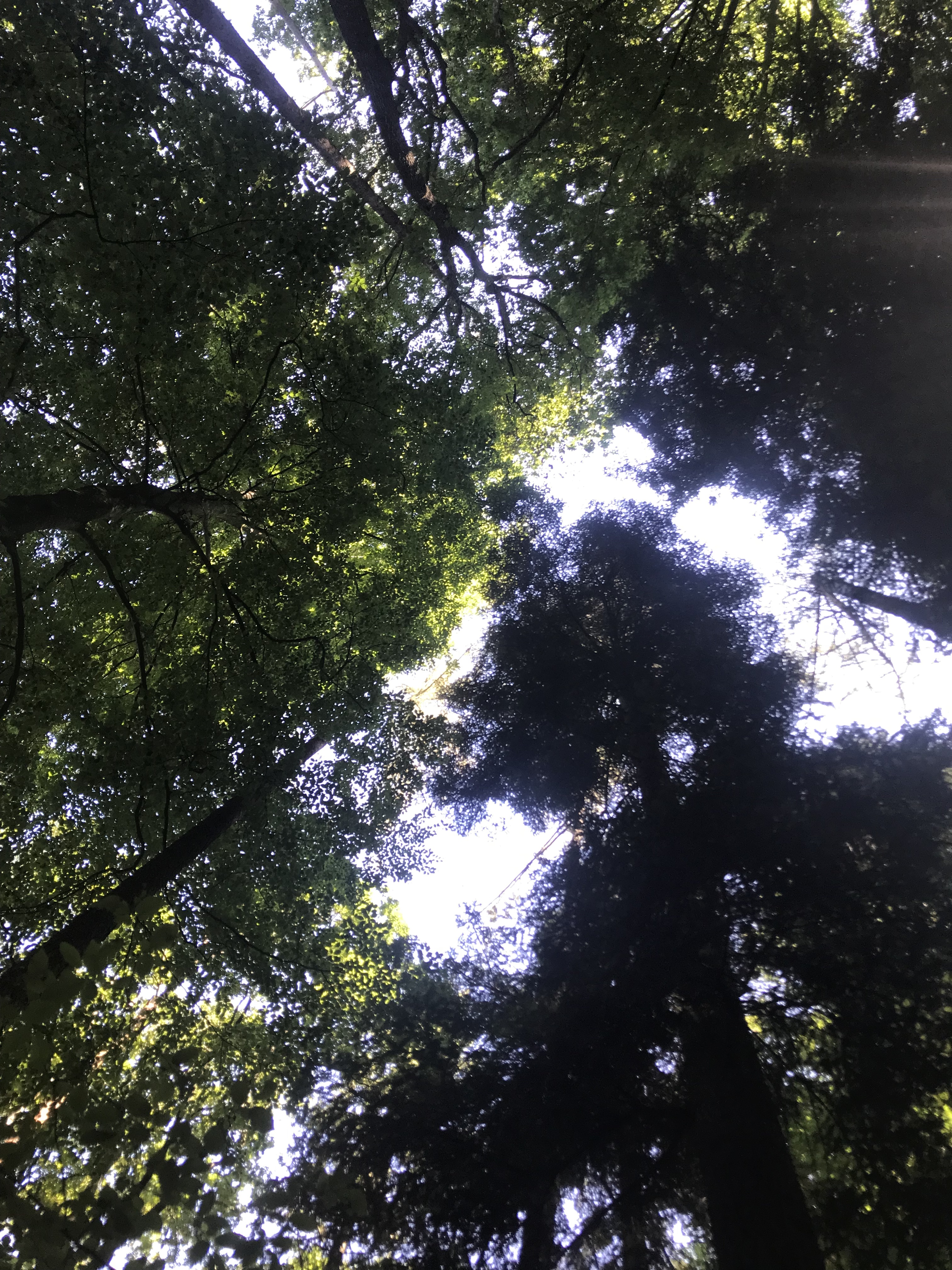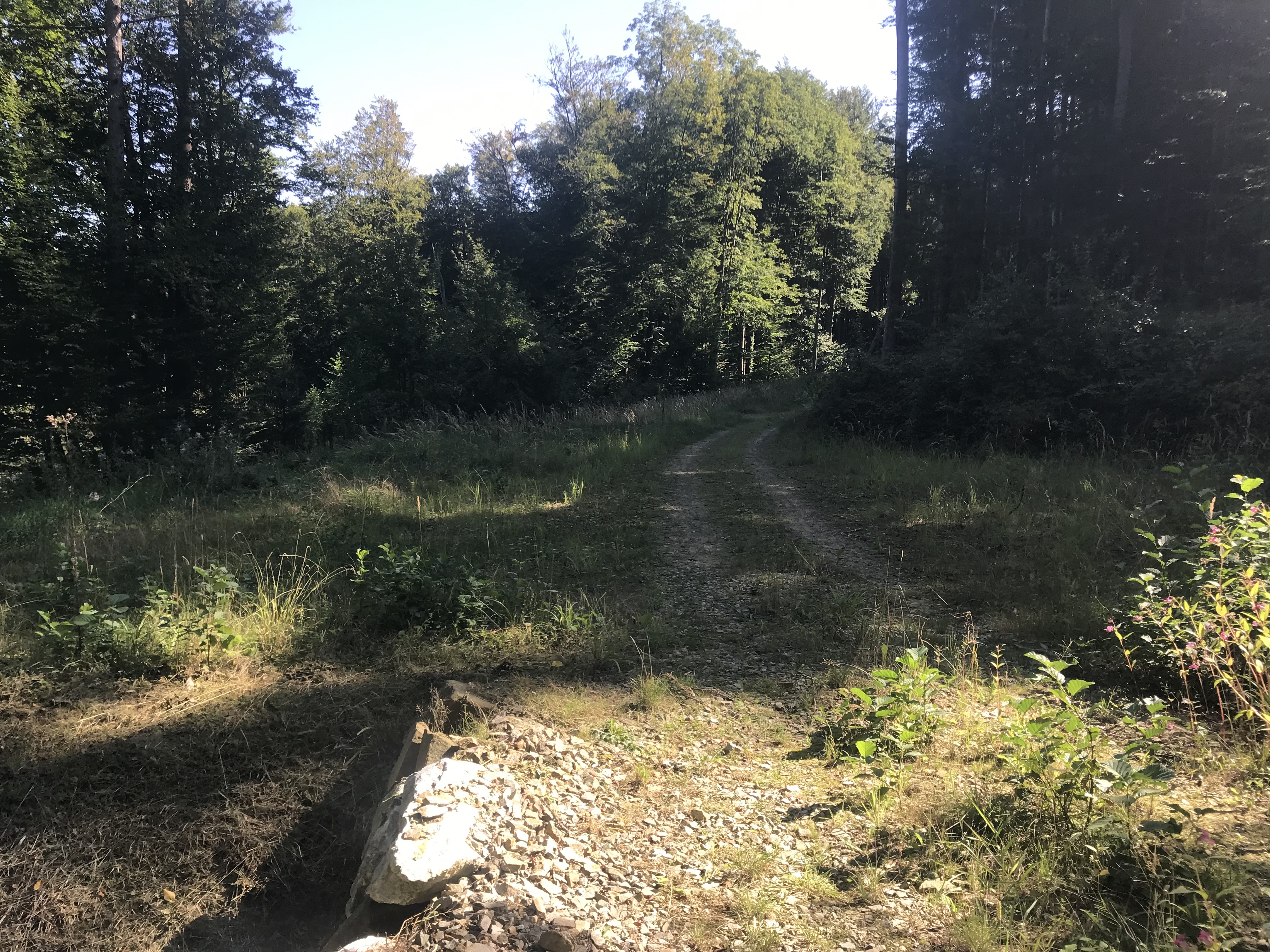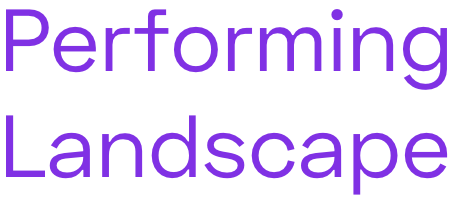Tangente St. Pölten
Festival für Gegenwartskultur
Austria
Tangente St. Pölten is a multi-disciplinary, socially inclusive, and ecologically oriented festival that takes a social-critical approach. It is targeted toward a local, regional, and international public.
The project is the follow-up to the application for the title of “Cultural Capital of Europe” and is financed in equal measure by the State of Lower Austria and the City of St. Pölten. The team is headed by Tarun Kade (Artistic Director), Angelika Schopper (Operations Director), and Stefan Mitterer (Finance Director).
The project is the follow-up to the application for the title of “Cultural Capital of Europe” and is financed in equal measure by the State of Lower Austria and the City of St. Pölten. The team is headed by Tarun Kade (Artistic Director), Angelika Schopper (Operations Director), and Stefan Mitterer (Finance Director).
Topics of global relevance are developed from the city and its history and made tangible. This makes Tangente St. Pölten unique. Art enables people to share surprising, formative, and long-resonating experiences together. This creates a public realm in which everyone feels invited to meet, exchange ideas, debate, and celebrate - and perhaps even to dream of other worlds together. In times of global crises, the future is increasingly observed as a threat.
Tangente St. Pölten is concerned with the question of how we can regain the capacity to act and be creative. This is how the visionary, imaginative, and utopian power of art finds its purpose. The goal is to achieve a programme of high artistic quality. The focus is on the visual and dramatic arts, performance, music, and literature. A variety of socio-cultural projects will mobilise the city's community. People from St. Pölten, guests from near and far, will have the experience of being involved in the festival's events.
A territory for Shared landscapes | May 2024
Shared Landscapes @ Tangente St. Pölten
A territory for Shared landscapes | May 2024
Embedded in the hills of the Mostviertel region, this small municipality is located south-east of the Lower Austrian provincial capital of St. Pölten.
The forest with its many farm owners is directly adjacent to a regional agricultural school to the west. The small-scale farming ownership structure gives the territory a wonderfully varied forest landscape. High coniferous forest plots with spruces, pines and firs are lined up next to young, species-rich reforestations, old beech stands and dense thickets full of life.
The forest with its many farm owners is directly adjacent to a regional agricultural school to the west. The small-scale farming ownership structure gives the territory a wonderfully varied forest landscape. High coniferous forest plots with spruces, pines and firs are lined up next to young, species-rich reforestations, old beech stands and dense thickets full of life.
These diverse habitats are home to a variety of animals such as wild boar and roe deer, as well as the fire salamander typical of the region and various species of woodpecker. The forest, which is criss-crossed by small valleys and hills, is surrounded by scenic green meadows where you can enjoy sweeping views of the landscape with its many details.
A special feature of the territory is that one of Vienna's two high spring water pipelines runs through it. This pipeline can be recognised by the aisles through the forest, which are kept clear of woodland and in which the course of the pipeline is marked
A special feature of the territory is that one of Vienna's two high spring water pipelines runs through it. This pipeline can be recognised by the aisles through the forest, which are kept clear of woodland and in which the course of the pipeline is marked
by white painted stones. The water pipeline, built in 1910, supplies Vienna with fresh, cool water day after day. From the high plateaus of Upper Styria to the lowlands of Vienna, not a single pump is needed - only gravity carries the wonderfully fresh water to Vienna.
The flysch soil is on the one hand particularly vigorous and on the other hand usually very loamy and moist. This special type of soil requires care and is easily damaged, as is the fresh grass in the surrounding meadows which serve as fodder for the local dairy farmers.
The flysch soil is on the one hand particularly vigorous and on the other hand usually very loamy and moist. This special type of soil requires care and is easily damaged, as is the fresh grass in the surrounding meadows which serve as fodder for the local dairy farmers.

Projects as part of “Tipping Time” –
Climate Conference of Civil Society
May 9th to 11th, 2024, Sonnenpark St. Pölten:
Saturday, May 11th, 11:30 a.m. to 1:00 p.m.: Exploring the Landscape. A walk through Sonnenpark with scientists and artists from the “Performing Landscape” project (in English).
Meeting point: Mobile City Lab. Admission is free, but the number of participants is limited. Please register at the reception from 10:00 a.m.
With Leila Chakroun, Amaranta Fontcuberta, Karin Harrasser, Emanuele Regi, Joana Braga, Maja Simoneti, María Auxiliadora Gálvez, Caroline Barneaud, and Stefan Kaegi.
Saturday, May 11th, 2:00 – 3:30 p.m.:
Winds of Change: Climate Policy Turbulence. Lecture by Karin Harrasser (cultural scientist) followed by a discussion with Caroline Barneaud and Stefan Kaegi
at the Mobile City Lab.





















